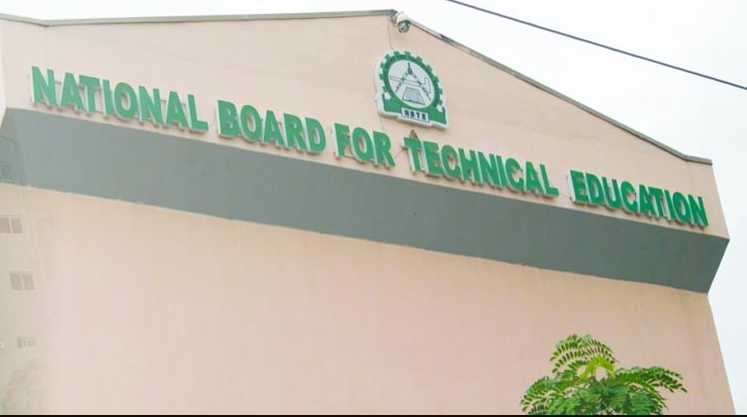The Executive Secretary, National Board for Technical Education (NBTE), Prof. Idris Bugaje, has urged private polytechnics and monotechnics to be innovative by introducing attractive packages to their educational menu.
Bugaje gave the charge on Thursday in Abuja at the presentation of operational licences to new polytechnics and monotechnics.
He said that there was a need to ensure that every student should graduate with at least one certified skill in addition to their National Diploma.
According to him, skills today have become the global currency of labour and we must key into it by linking up our training with relevant industries in our environments and facilitating hands-on training and apprenticeship.
“Most of the licences today are for the private sector and I must appeal to the Joint Admissions and Matriculation Board (JAMB) to do whatever is necessary to assist these institutions with good admission quotas to avoid them folding up.
“Equally necessary, our private polytechnics and monotechnics must become innovative by introducing some attractive packages that will not be found in public polytechnics and monotechnics.
“This is an area you need to think outside the box to bring out something attractive, something innovative, something different and something that you don’t find in the public polytechnics.
“You can, in addition to the national diploma, introduce training skills to your students,” he said.
The executive secretary said this would make the students graduate with a certificate in skills while calling on the new polytechnics and monotechnics to put in place National Skills and Qualification Framework (NSQF) in their institutions.
He added that there was the need to key into the NSQF so that graduates of polytechnics and monotechnics would be able to get dual certificates which are: the National Diploma (ND) and the NSQ.
“This will allow them to take up jobs which are today available in Nigeria. There are lots of skill gaps in many of the infrastructure projects, the railway programmes, the refineries in Lekki and several other projects across the country.
“We are importing labour from Asia because we don’t have certified and qualified skills from Nigeria to take up these jobs. We have degree holders, and diploma holders without qualifications in requisite skills.
“So, I am appealing to you to create these innovative channels. Skills training is the panacea to Nigeria’s current unemployment rate, this is the only root we can use to export labour to the rest of the world,” he said.
Bugaje explained that many countries of the world were already earning foreign exchange from skills training before the outbreak of the COVID-19 pandemic in December 2019.
He identified Bangladesh to have exported 11 million skilled labour to the world, especially, to the Middle East and Europe as a result of the COVID-19 pandemic.
He said that there were lots of skill gaps across the western world, stressing that paper qualification was not enough for anybody.
He said, hence, we must begin to give the youth training in skills.
Also, the Chairman of the Senate Committee on Tertiary Institution and TETFund , Sen. Ahmad Kaita, said that the senate would support the polytechnics and monotechnics to achieve their desired mandate.
Kaita who was represented by his Media Adviser, Mallam Abdulkadir Lawal, said that the Nigerian Senate was very determined and focused to give whatever assistance it could to the polytechnics in the country.
“As you are all aware, polytechnics in Nigeria are so much focused on providing technical and vocational education to Nigerian students.
“The Nigerian Senate will not relent in giving all the assistance these polytechnics deserve in discharging their duties,” he said.
Ema Abdulfatai representing Novelty Polytechnic, Kishi in Oyo State, promised to key into the mandate of NBTE by providing skills to the institution’s students.
Also, Henry Ijohor, representing Harry Pass Polytechnic, Mkar, Gboko in Benue, implored those who received the licences to imbibe NBTE’s standards to better the educational sector of the country
